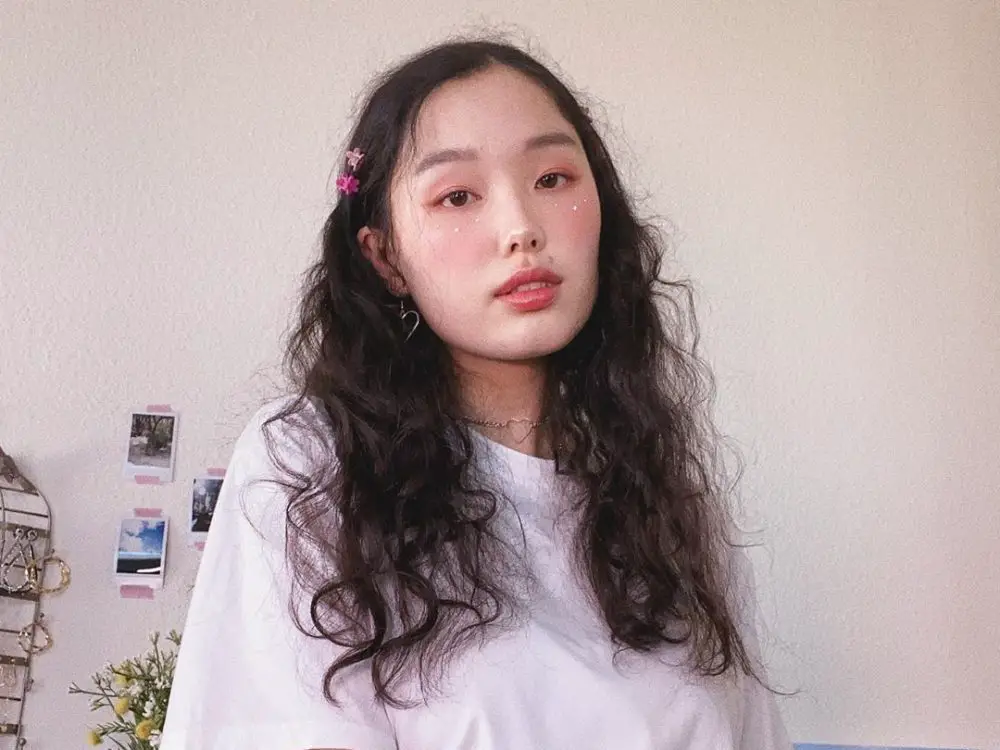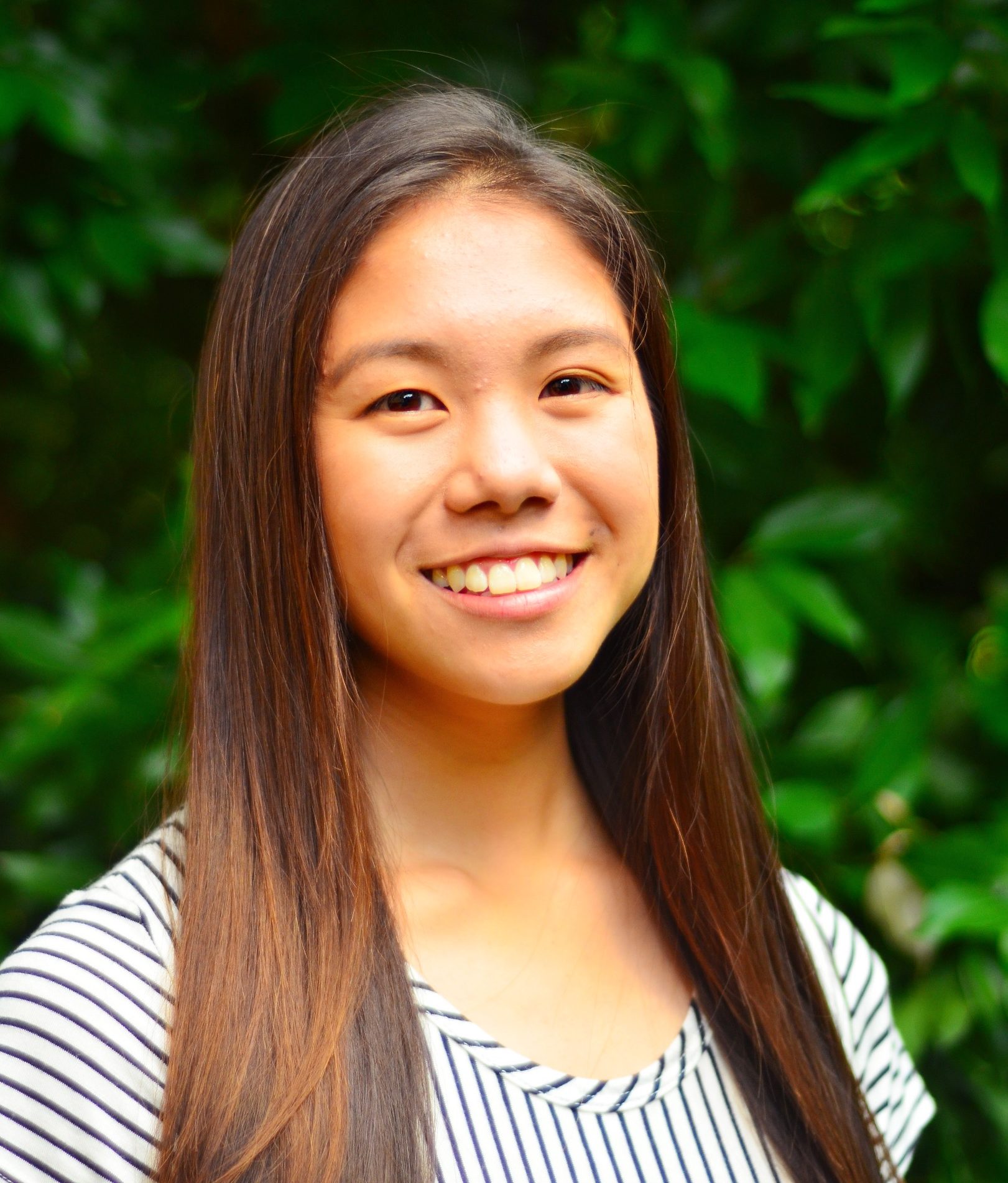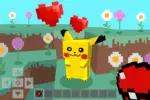Although my Japanese-Chinese race is considered a minority in the larger United States, it’s taken years for me to find a genuine interest in my heritage. In Hawaii, my home, it’s common to see tan skin, brown eyes and black hair — most people look like me.
Given my relatively inclusive and diverse culture, I’ve never really felt the need to get in touch with my heritage. But in recent years, the group of content creators I follow — specifically on YouTube — has come to include more and more individuals that share my Asian heritage. These older sisters have helped me come to see the value in learning more about my culture and exploring the minority experience in America.
These Asian American YouTubers create content about everything from makeup to food to pop psychology. But their interest in their native cultures and mature understanding of their bicultural experience inevitably seep through, setting them apart from the rest of the platform’s creators. Commentary on the cultural implications of growing up Asian in the U.S. is seamlessly woven into their recipe videos or relationship advice. They address the all-too-familiar harmful cultural tropes that their parents raised them on, like the idea of hiding your emotions, or the damaging stereotypes that others have imposed upon them like that of the “model minority.”
Seeing others of my race talking about the things so many Asian Americans experience has helped me to process my own experiences. Some creators are perfect for kicking back to peruse the pop culture that’s predominant in your racial community, like music or shows. Still other creators dive deep and discuss emotions and experiences I’ve felt but have never been able to articulate. Like older sisters, they pave the path for other Asians like me to follow, helping me to take an interest in the part of myself that I have neglected
1. Weylie Hoang
Weylie, a Chinese vlogger in her late 20s, cheekily describes herself as “the sister you never had…..or the sister you never wanted.” She publishes primarily lifestyle clips on topics from food to fitness to camping, often featuring her boyfriend. She often opens up about her relationship, mental health issues and quest to learn Chinese. As far as I can tell, Weylie is also a pioneer: She was one of the first YouTubers in her niche to share publicly on the platform about her experience growing up Chinese American and her struggles with discrimination and learning English, having come from an immigrant family. It’s not a complaining video, though — she uses her story to encourage viewers to embrace their Chinese or Asian culture.
And Weylie has continued to promote this message of cultural acceptance for Asians in each year since. She shows viewers what it looks like to embrace and take interest in your heritage with her Cantonese vlogs, in which she’ll exclusively speak in Cantonese, try to communicate with her boyfriend or ask her grandma questions in their native tongue. She also proudly shares traditional Chinese recipes and Asian recipes on a regular basis, normalizing the food enjoyed in her culture. These dishes that she was ridiculed for as a kid are now ways to celebrate her Chinese background and share it with others.
2. Amy Lee
About a year after Weylie released her story about her childhood as a Chinese American, Amy came out with her own story of growing up Korean American, but she gave structure to the idea by formulating questions for other creators to answer under the Growing Up Asian American tag. “A lot of my Asian American content creator friends have expressed concern to me, saying they wanted to talk about this but they didn’t really know how to,” she said. This paved the way for numerous others in the Asian American YouTuber community to share their experiences, helping to make cultural discussions like this mainstream later down the line.
https://www.youtube.com/watch?v=7Hl41EL6h4Q
Amy’s content also started out with makeup and fashion, but as she’s grown, her channel has shifted to focus on topics in social justice, psychology and relationships. But she always provides personal anecdotes to put meat on the bones of the theories she outlines. In this way, she helps bring her experiences as an Asian into the light and helps her viewers make connections between their cultural upbringing and their mental and behavioral patterns.
In one video where she explains the psychological concept of different attachment styles, Amy speaks candidly about her Asian American parents and how they’ve shaped her as a person. “I grew up with a turbulent childhood in the sense that any sign of emotion other than happiness or neutrality was a sign of weakness, was a sign of character flaw,” she said. “And how that showed up in relationships was I dismissed all of my needs in a relationship. I pretended I had none.” Amy teaches me that my culture’s values do indeed affect my worldview. While they’re not always helpful, they are worth acknowledging so that their power over me can be broken.
3. Jenn Im
I’ve been hooked on Jenn’s down-to-earth, relevant makeup and beauty content ever since she first started on YouTube under the ClothesEncounters moniker. She’s come a long way since then, starting her own brand, getting married and moving into more lifestyle content, but her familiar wit and knack for calming, relatable content has remained.
She responded to Amy’s tag with her own video, “Growing Up Korean American,” where she details the discrimination her parents faced as first-generation immigrants and the challenges she herself had to overcome because of her cultural background. Other than this, Jenn also celebrates her Korean roots by creating videos like “Easy Korean Recipes” and “Cooking A Korean Feast,” often featuring her dad and mom.
4. Oh No Nina
Nina is another Asian American YouTuber who creates lifestyle vlogs, but she may just be one of the most relatable on this list. As with Jenn, I was drawn to Nina’s laid-back personality and fun content (my first taste of her channel was her “10 things to do when you’re stuck at home” video, which opens with her lying on her bed clad head to toe in sweats). But beyond that, I stuck around for the way she, like Weylie, intentionally pursues a greater understanding of her culture through language.
In her video on growing up Korean American, Nina discusses the difficulties of growing up with Korean parents who immigrated to America and being unable to communicate with them or the local Korean community. She says that it wasn’t until her grandma passed that she seriously considered her Korean heritage or culture: Nina was heartbroken at her death because she’d never been able to converse with her grandma.
This led her to learn Korean on her own; now she details her journey to fluency on her channel, even providing tips for others to take advantage of if they decide to take an interest in their cultures. She also takes viewers along for the ride as she cooks Korean dishes. After deciding to immerse herself in Korean culture to reconnect with those roots, Nina hasn’t looked back — and she invites us to join her.
5. Hana Lee
Hana’s Korean roots are readily apparent in her vlogs and makeup and beauty videos. Rather than seeing Korean culture as something she should tack on or include for the sake of a trend, her videos naturally include references to modern Korean American culture. Korean dramas and K-pop groups make up a decent chunk of the content she interacts with and loves.
She has a playlist of outfits inspired by the K-pop girl group BLACKPINK and another styling video based on her favorite anime characters. She does fun makeup too — some of my favorites from her are the makeup looks inspired by the “mean girl” and “nice girl” K-drama tropes. Beyond enjoying Korean pop entertainment, Hana also takes viewers with her as she learns Korean.
This list barely scratches the surface of the many Asian American YouTubers who are making this topic more accessible for viewers. Many other content creators, from Michelle Choi to Linh Truong to Leahsfieldnotes, are also adding their voices to the conversation and are each worth checking out in their own right.
Each of these creators, in their own ways, dismantle harmful stereotypes for others and provide a helpful guide for Asians themselves to work through their own experiences. Whether it’s acknowledging the painful past experiences of prejudice or teaching viewers the value of learning their grandparents’ language, these creators lend a powerful aid to the Asian American community’s quest to healthfully navigate and honor their ancestors’ culture.
In a nation that tends toward assimilation, these Asian American YouTubers teach us to respond with wisdom and care for the unique traditions that have shaped us.

















